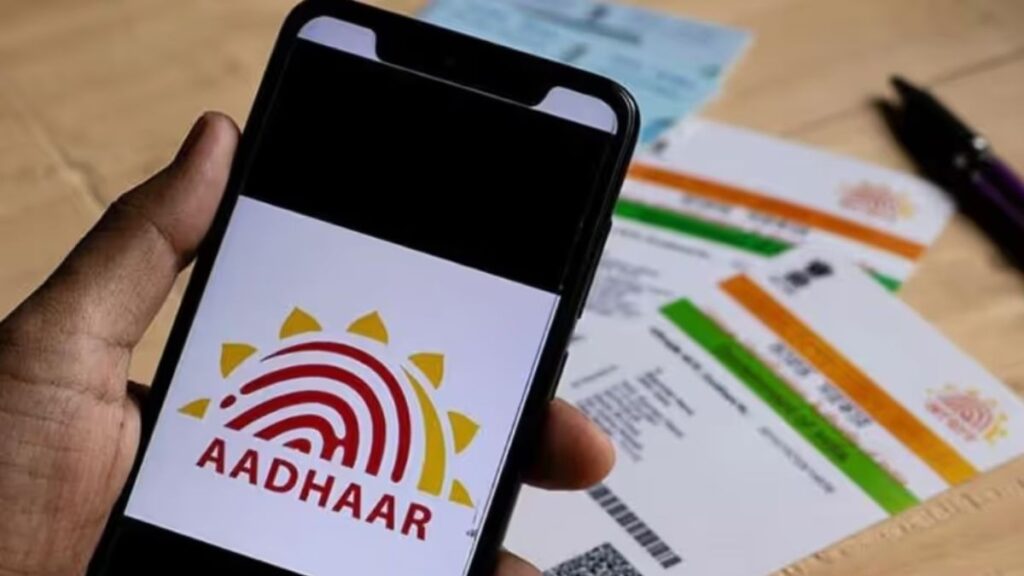The Central government on Wednesday for the first time allowed the Union Public Service Commission (UPSC) to use Aadhaar-based authentication to verify the identity of candidates at the time of registration and during various stages of examinations and recruitment on a voluntary basis.
This step is important because last month the commission had cancelled the provisional candidature of probationary IAS officer Pooja Khedkar. The commission had barred Khedkar from appearing in all future examinations due to her cheating attempt in the civil service examination, irrespective of her qualification. This step of the government is being linked to the case of Pooja Khedkar.
Notification of Ministry of Personnel
Khedkar has also been accused of misusing the disability and other backward class or OBC (non-creamy layer) quota among others. The Personnel Ministry said in a notification that UPSC is allowed to do Aadhaar authentication on a voluntary basis for verification of identity of candidates at the time of registration on the ‘One Time Registration’ portal and at various stages of the examination/recruitment test, for which Yes / No or / and e-KYC authentication facility will be used.
Cheating is impossible in UPSC Mains exam, AI camera will monitor, this is the commission’s plan
The notification said that the Commission will comply with all the provisions of the rules and regulations made under the Aadhaar (Targeted Delivery of Financial and Other Subsidies, Benefits and Services) Act, 2016 and the directions issued by the Unique Identification Authority of India (UIDAI). Aadhaar is a 12-digit number issued by UIDAI to all eligible citizens on the basis of biometric and demographic data.
Pooja Khedkar had committed fraud
The UPSC had taken several actions against Khedkar in July, including filing a case of forgery against him for appearing in the civil services exam using a fake identity. Following this, the Delhi Police registered a case and began its investigation. Khedkar was provisionally allotted the Indian Administrative Service (2023 batch, Maharashtra cadre). He was accused of misusing powers and privileges during his training in Pune.
The commission took this decision in June
In June, UPSC had decided to adopt advanced technology to prevent cheating in its exams and ensure the integrity of the exam. Now artificial intelligence will be used to prevent students from cheating in the mains exam.
Also read: UPSC Result 2024: UPSC IES/ISS written exam result declared, 132 qualified
UPSC Mains exam is to be held on 20th September. During this time, AI based CCTV cameras will be installed in the examination hall. For this, UPSC has issued a tender and sought applications from public sector undertakings so that they can develop such technology. UPSC said in the tender that they need Aadhaar based fingerprint, facial recognition of candidates, QR code for scanning admit card and AI based CCTV surveillance. For this, the data of the candidates will be provided by UPSC.
The UPSC conducts 14 major examinations every year, including the prestigious Civil Services Examination to select officers of the Indian Administrative Service (IAS), Indian Foreign Service (IFS) and Indian Police Service (IPS), besides several recruitment tests and interviews for recruitment to Group ‘A’ and Group ‘B’ posts in the central government. Lakhs of candidates participate in such recruitments held across the country.
Source (PTI) (NDTV) (HINDUSTANTIMES)
